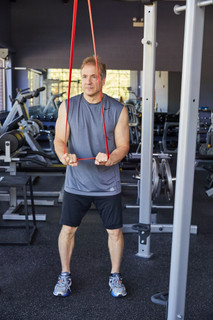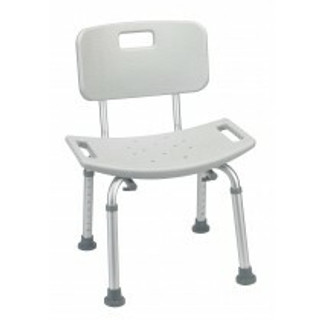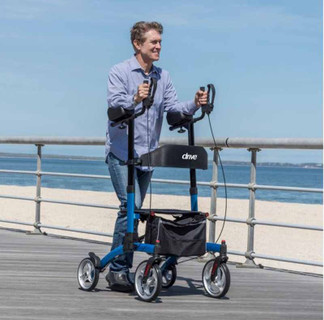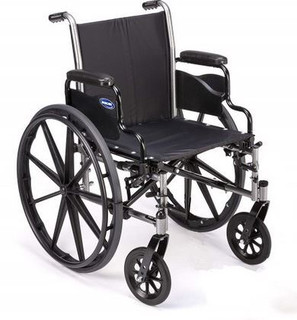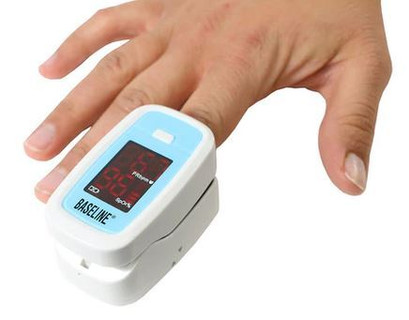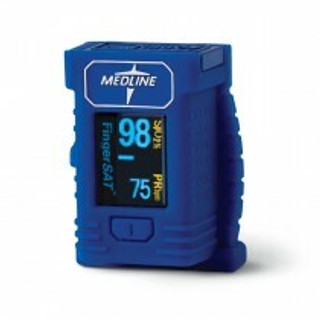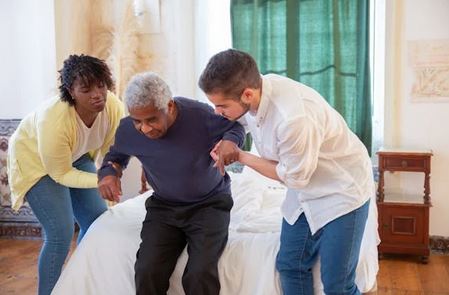Preventing Falls at Home for Seniors: A Comprehensive Guide
Falls are one of the leading causes of injury among seniors, and they can significantly impact independence and quality of life. Fortunately, many falls can be prevented by taking simple precautions and making small adjustments at home. In this guide, we will explore practical tips to help seniors stay safe and confident in their living spaces.
1. Improve Home Lighting Poor lighting can make it difficult to see obstacles and navigate safely. Ensure all rooms, hallways, and staircases are well-lit. Use nightlights in bedrooms, bathrooms, and hallways to improve visibility during nighttime trips.
2. Remove Tripping Hazards Loose rugs, cluttered floors, and exposed electrical cords are common tripping hazards. Secure rugs with non-slip backing, keep floors clear of clutter, and tuck cords away safely.
3. Install Grab Bars and Handrails Grab bars in bathrooms (especially near the toilet and in the shower) and handrails along staircases provide essential support. Ensure they are installed securely and can bear weight.
4. Use Non-Slip Mats Place non-slip mats in the bathroom, especially in the shower and bathtub, to reduce the risk of slipping on wet surfaces.
5. Wear Proper Footwear Shoes should fit well, have non-slip soles, and provide good support. Avoid walking in socks or slippers without grips.
6. Keep Essential Items Within Reach Store frequently used items in easy-to-reach places to avoid climbing, stretching, or bending excessively.
7. Stay Physically Active Regular exercise helps improve strength, balance, and flexibility, all of which are crucial in preventing falls. Activities like walking, tai chi, and chair exercises are excellent options.
8. Review Medications Some medications can cause dizziness or drowsiness. Regularly review prescriptions with a healthcare provider to minimize side effects that might increase fall risk.
9. Schedule Vision and Hearing Check-ups Poor vision and hearing can contribute to falls. Seniors should have their eyes and ears checked regularly and keep their prescriptions up to date.
10. Use Mobility Aids if Needed Walkers, canes, and other mobility aids can provide additional support. Ensure they are the correct height and are in good condition.
11. Emergency Preparedness Keep a phone or emergency alert system nearby at all times. Seniors should know how to call for help in case of a fall.
Final Thoughts Preventing falls requires a combination of home safety improvements, physical activity, and health management. By implementing these tips, seniors can reduce their risk of falling and maintain their independence. If you're a caregiver or family member, take proactive steps to ensure your loved one’s home is as safe as possible.





